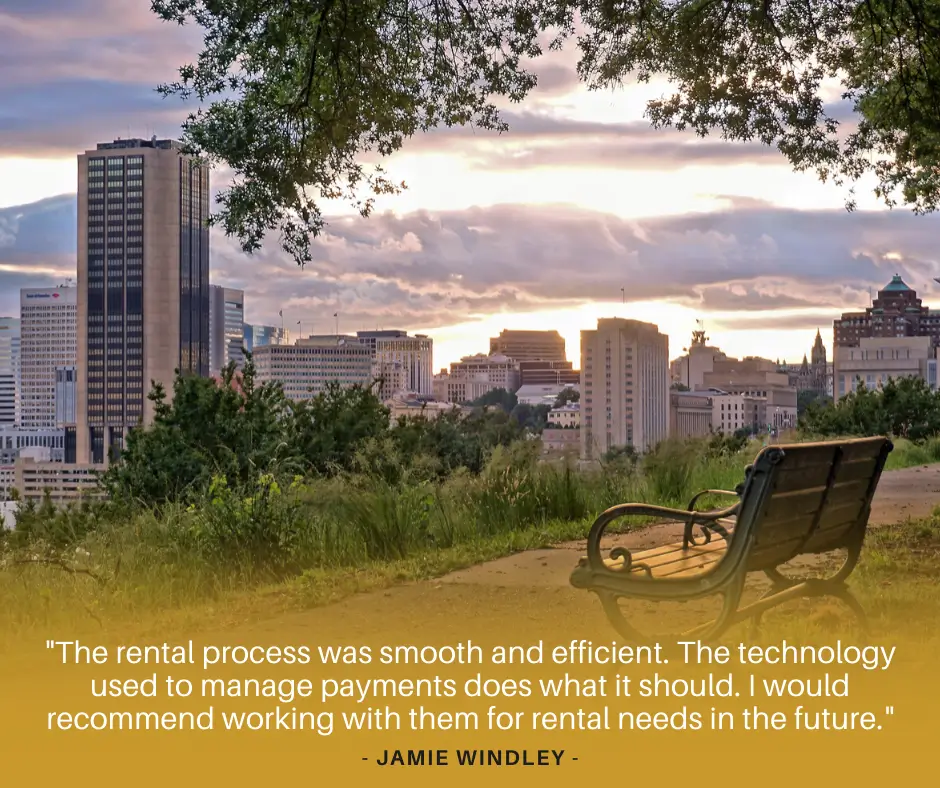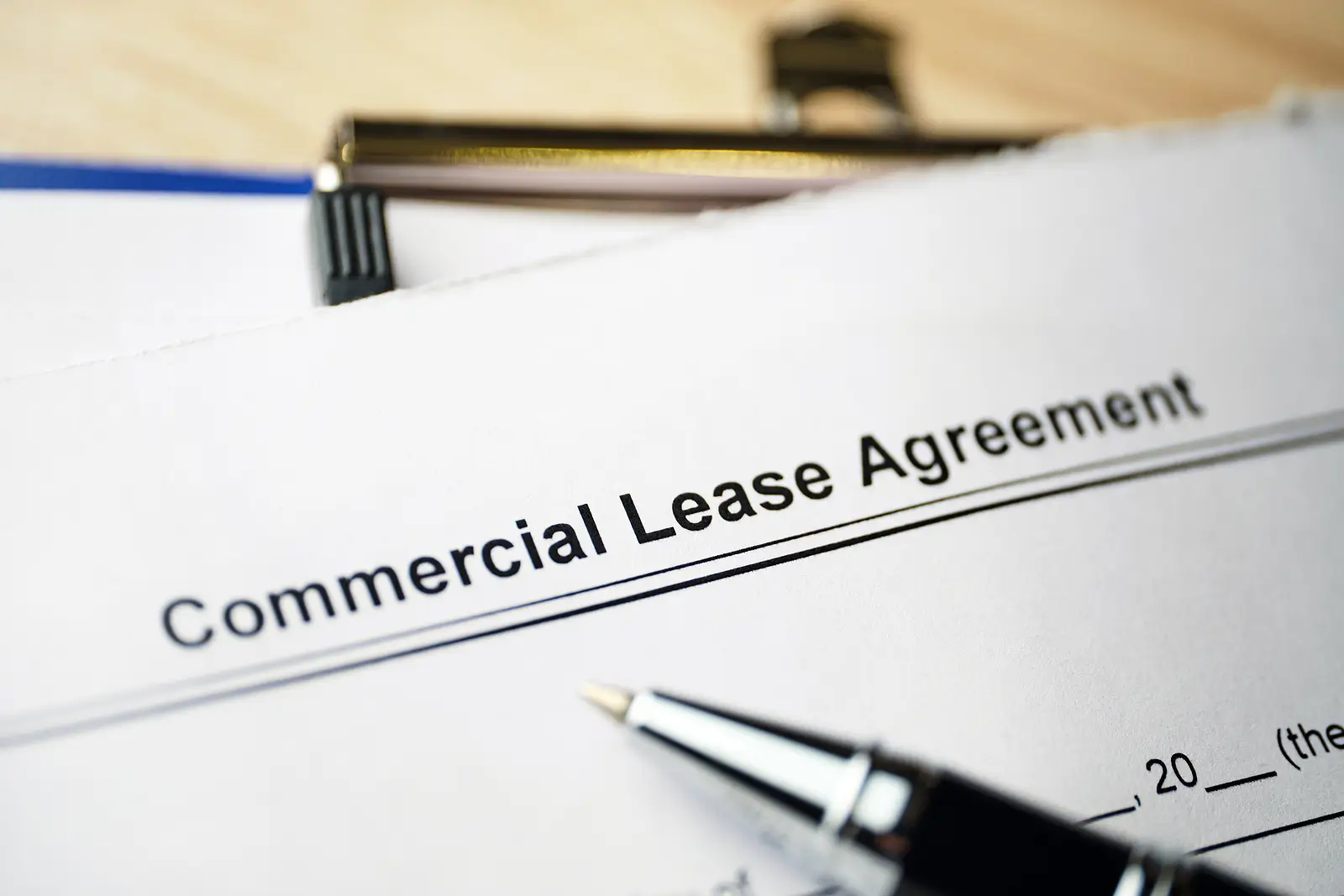When leasing commercial property in Richmond, understanding standard clauses in commercial lease agreements isn’t just helpful; it’s essential. Whether you’re a seasoned investor or new to leasing, every commercial lease agreement includes terms that can significantly affect your bottom line. Knowing what to look for as a landlord or property owner can help protect your investment, avoid legal issues, and ensure a profitable lease deal.
In this article, we’ll discuss the most critical clauses in commercial lease agreements and explain how these clauses impact lease terms, rent, maintenance responsibilities, and more, empowering you to make smarter leasing decisions.
1. Lease Term and Renewal Options
One of the first things to look for in a commercial lease is the lease term—how long the lease will last. Commercial leases in Richmond typically run from one year to ten years, depending on the type of business and the space required.
Your lease agreement should clearly state:
- The start and end dates of the lease.
- Whether the lease automatically renews.
- Conditions for renewal or termination.
Please carefully review these terms to prevent surprises when the lease ends. Flexibility is key for long-term planning and handling unexpected changes in business operations.
2. Rent Amount and Payment Terms
Rent is more than just a number—it's a structured part of your investment strategy. A solid lease agreement outlines:
- Base rent, payment due dates, and any accepted methods (like money orders).
- Details about rent increases—whether annual, market-based, or percentage-based.
- Late fees and how non-payment is handled.
Knowing how much rent is due and when helps avoid late payments and disputes. A clause explaining what happens if rent is late or unpaid is also critical.
3. Security Deposit Details
Security deposits protect you as a landlord. The lease should state:
- The amount of the deposit.
- What conditions must be met for its return?
- Situations where the deposit may be retained (e.g., damage, unpaid rent, or breach of contract).
This clause safeguards your property and sets clear expectations for the tenant, reducing the risk of future disagreements.
4. CAM Charges and Maintenance Responsibilities
Common Area Maintenance (CAM) costs can be one of the most misunderstood parts of a lease. Tenants often share responsibility for maintaining shared spaces, such as lobbies, parking lots, landscaping, etc.
Look for:
- A breakdown of CAM charges.
- Which expenses are covered, such as repairs, utilities, insurance, and property management fees?
- The tenant's share is usually based on their leased space.
When well-defined, these clauses prevent disputes over unexpected costs. Ensure your lease reflects who is responsible for what regarding maintenance responsibilities.
5. Use of Property and Operating Clauses
Use clauses dictate how a tenant can operate within the leased property. These clauses should:
- Limit use to specific business activities.
- Include any restrictions or zoning requirements.
- Address noise, hours of operation, or customer traffic, especially for multi-tenant buildings.
This ensures your property is used in a way that aligns with local laws and community standards.
6. Insurance and Liability Requirements
A good commercial lease includes clauses about:
- The types of insurance tenants must carry (e.g., liability, fire, property damage).
- Who is responsible in the event of accidents or loss?
- How are claims processed, and who is protected?
These clauses are essential to limit legal risks and ensure tenants are prepared for emergencies.
7. Termination and Exit Clauses
Every lease should explain:
- What happens when a tenant wants to terminate early?
- Whether there are termination fees or notice periods.
- What circumstances allow either party to end the lease (e.g., default, bankruptcy, or relocation)?
An explicit termination clause protects you if a tenant breaks the agreement and helps ensure fair compensation.
8. Subletting and Assignment
These clauses clarify whether tenants can:
- Sublet the space to another party.
- Assign the lease to a different tenant.
It’s wise to include language that allows you to approve or deny these changes. That way, you maintain control over who occupies your property and uphold the lease terms.
9. Repairs and Damage Clauses
The lease should state:
- Who is responsible for routine maintenance and emergency repairs?
- How damage is reported and handled.
- Whether tenant improvements are allowed and under what conditions.
This outline in the contract prevents disagreements and ensures the property is kept in good condition.
10. Legal Compliance and Tenant Rights
Under Virginia law, particularly the Virginia Residential Landlord and Tenant Act (VRLTA), lease agreements must comply with state rules. Fair rent prices are crucial to ensuring tenants' rights are upheld. Tenants have the right to:
- A safe and functional space.
- Clear rental agreements that comply with tenant law.
- Seek help from a commercial real estate attorney or leasing lawyer if needed.
As a landlord, staying compliant helps you avoid legal issues and builds trust with your tenants.
Why These Clauses Matter
Including these clauses isn’t about adding complexity but protecting both parties, providing clarity, and setting expectations. Understanding these clauses makes you more prepared to negotiate, plan ahead, and manage risk effectively.
And let’s be honest—commercial leasing isn’t one-size-fits-all. Each lease agreement should reflect the unique circumstances of your property, tenant, and business goals.
Ready to Lease with Confidence?
Managing commercial leases in Richmond involves more than finding the right tenant—it’s about ensuring your lease agreements are structured to protect your investment and reduce complications down the road.
Need help managing the details? Our experienced team is here to support you. From drafting and reviewing agreements to full-service property management, we help you minimize risk and maximize returns.
📞 Contact Us Today to learn more about how we can help you succeed. If you're in Richmond and need guidance on choosing the right property manager, explore our essential tips for selecting the right property manager to make informed decisions.
FAQs
Q1: What are CAM costs, and how do they affect my lease?
CAM costs are shared expenses for maintaining common areas in commercial properties. These fees vary but typically include utilities, cleaning, landscaping, and insurance.
Q2: How do I determine the proper lease term?
The ideal lease length depends on your investment goals. Long-term leases offer stability, while short-term leases provide more flexibility to adapt to market changes.
Q3: Can a tenant break the lease early?
Yes, but it depends on the termination clause. Many leases require advance notice and may include fees or other conditions to protect the landlord.
Q4: Are rent increases allowed mid-lease?
Only if the lease includes a rent escalation clause, these are common in long-term leases to account for inflation or increased property expenses.
Q5: What happens to the security deposit when the lease ends?
If there are no damages or unpaid costs, the security deposit is typically returned within a set timeframe, often 30 to 60 days after the lease ends.
Q6: Do I need an attorney to review my lease?
While not required, hiring a commercial real estate attorney or leasing lawyer can help you identify risks, understand your obligations, and ensure a legally sound agreement.


